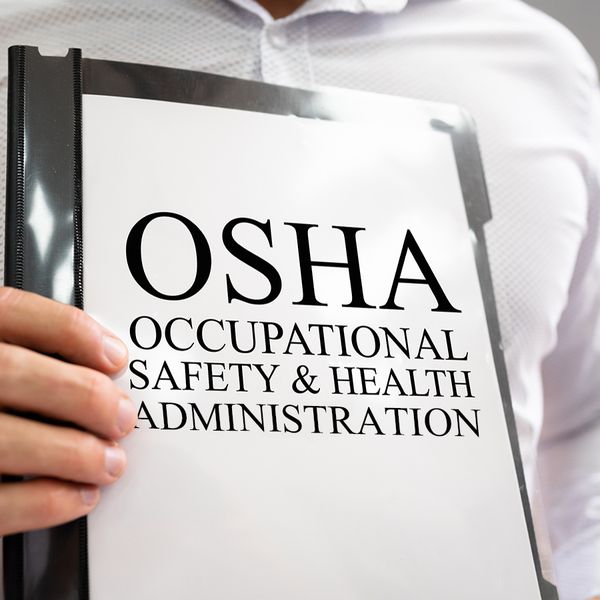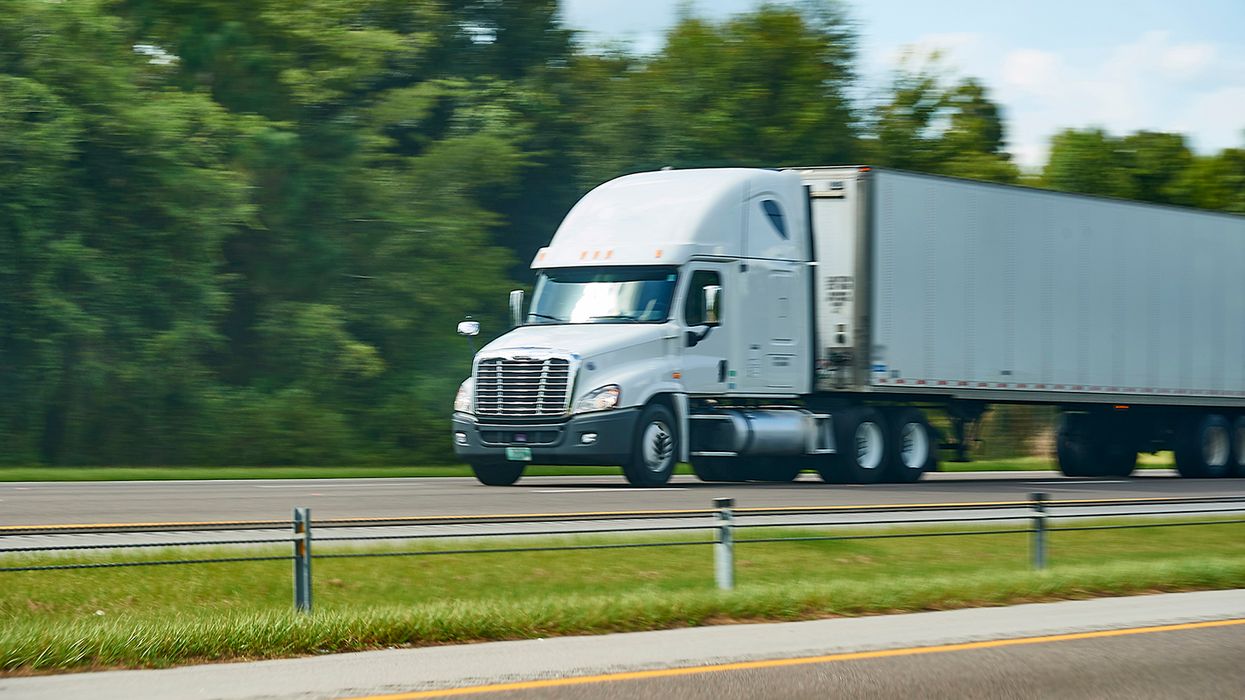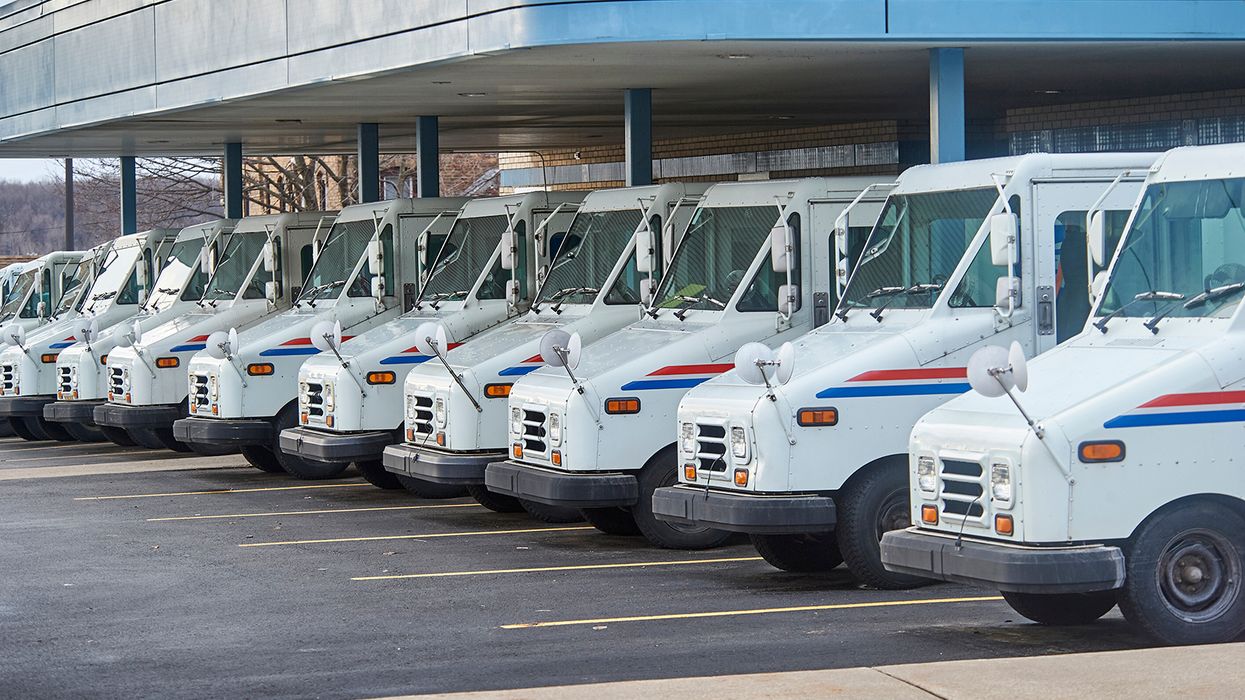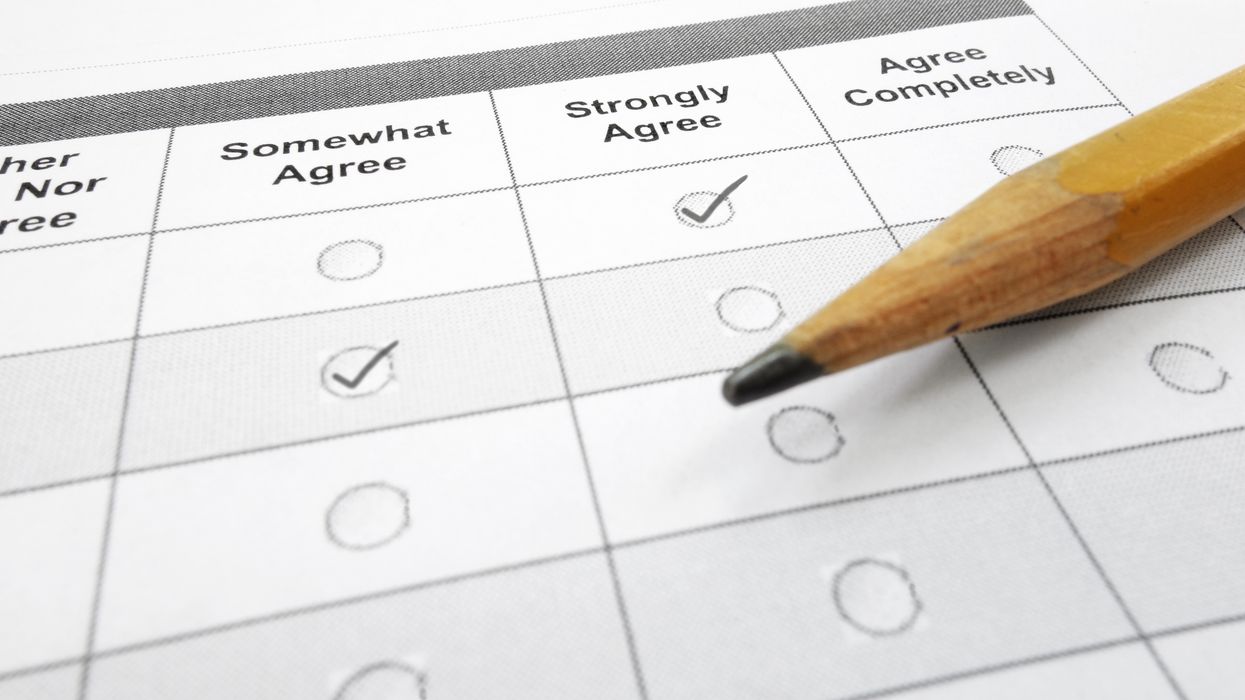Reviewing the foundation of OSHA’s authority
Recently, some news sources covered potential legal challenges on whether OSHA is Constitutional. Regardless of your opinions on the merit of such claims, it’s worth looking at the source of OSHA’s authority.
After more than two decades of working in regulatory compliance, I came across the standard outlining the basis for OSHA’s authority. I should clarify that J. J. Keller & Associates, Inc., does not offer opinions on whether a federal standard is good or bad; we only explain how it impacts employers. Still, I find the authority description a bit surprising.
Check the standard
Congress passed the OSH Act of 1970, from which OSHA derives its authority. The regulation at 29 CFR 1975.2, Basis of authority, cites a number of Supreme Court cases. That standard notes that the Commerce Clause of the Constitution grants Congress the power “to regulate Commerce with foreign Nations, and among the several States.” This is commonly known as the interstate commerce clause.
Citing various Supreme Court cases, that section says that Congress may “regulate conditions or activities which affect commerce even though the activity or condition may itself not be commerce and may be purely intrastate in character” (emphasis added). To me, it seems odd that the power to regulate “interstate commerce” includes the power to regulate activities that are neither commerce nor interstate. The cases cited, however, adopted the “affects commerce” interpretation to expand the reach of federal authority.
One such case is Wickard v. Filburn (1942) in which the Supreme Court held that a farmer who grew wheat to feed his own livestock was engaged in activity that affected interstate commerce. Therefore, that activity could be subject to federal regulation, and the farmer had to pay a penalty for growing too much wheat. The reasoning was that, if he had not grown the extra wheat, he’d have to buy wheat on the market. His action therefore “affected” commerce.
What can Congress regulate?
Finally, the above regulation says, “it is not necessary to prove that any particular intrastate activity affects commerce, if the activity is included in a class of activities which Congress intended to regulate because the class affects commerce.” Further, “the class of activities which Congress may regulate under the commerce power may be as broad and as inclusive as Congress intends.”
That implies Congress need not prove whether an activity even affects commerce. As long as Congress intends to regulate something, it can do so.
All of this becomes relevant when evaluating any legal challenges to OSHA’s authority (or to other federal agencies, for that matter). It seems to me that the Supreme Court would need to overturn or significantly narrow decisions like Wickard in order to uphold any such challenges. I’m not speculating on whether that would happen, or if the matter would even come before the Supreme Court. But if the high court overturned those decisions, the implications would be enormous for all federal agencies.


















































